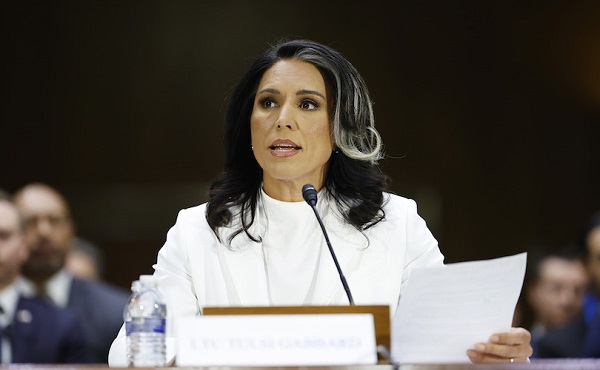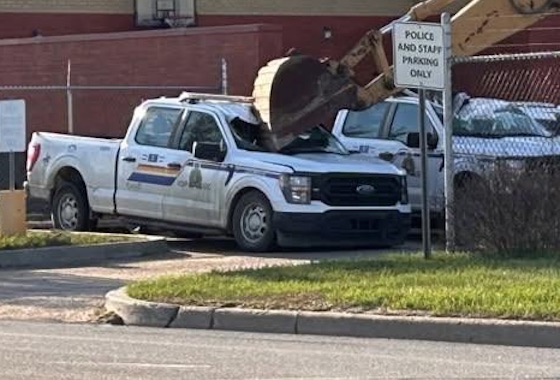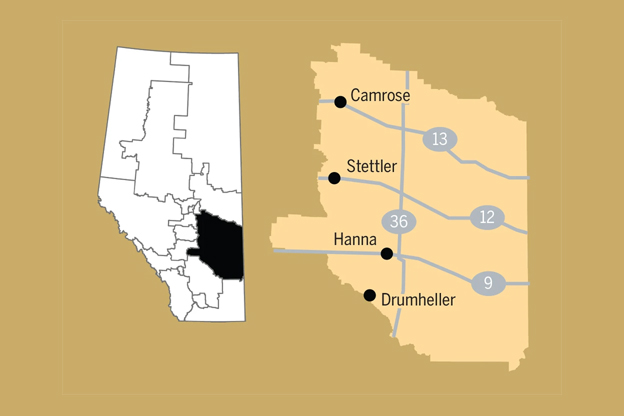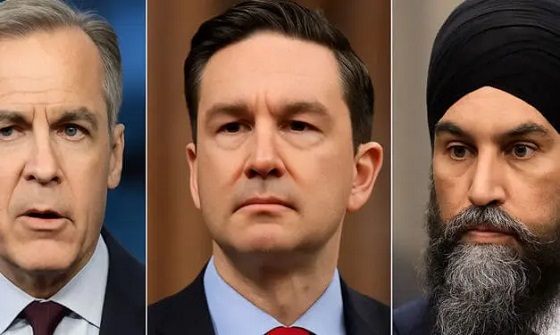Uncategorized
Christians seek solace in prayer after Indonesia disasters

PALU, Indonesia — Christians dressed in their tidiest clothes flocked to Sunday sermons in the earthquake and tsunami damaged Indonesian city of Palu, hoping for answers to the double tragedy that inflicted deep trauma on their community.
Indonesia’s disaster agency said Sunday that the death toll had climbed to 1,763, with more than 5,000 feared missing. Agency spokesman Sutopo Purwo Nugroho said officials were trying to confirm the number still missing in several villages obliterated when the quake caused loose soil to liquefy, sucking houses into deep mud and burying occupants.
Protestants, Catholics and Charismatics make up about 10
At least 200 people including soldiers filled the grey pews of the Protestant Manunggal church in Palu for the second of three services planned Sunday.
They sang as a young girl in a black and white dress with a red bow danced in the aisle, prayed and listened to a 30-minute sermon from the priest, Lucky Malonda. A woman in the front pew wept.
Min Kapala, a 49-year-old teacher, said she came to the city of more than 25 churches from an outlying area because her usual house of worship was destroyed and liquefaction moved a different piece of ground to its location.
“I’m here at this particular church because my own church is no more; it’s
Outside the church, Malonda said the intensity of the disaster had taken even scientists by surprise and called it the will of God. Two people from his congregation were missing, he said.
“This is for sure part of godly intervention, not outside the power of almighty God, that can’t be predicted or planned for by anything,” he said.
Malonda said religious leaders are discussing holding inter-faith prayers but nothing has been agreed yet.
Central Sulawesi, of which Palu is the capital, has a history of violent conflict between Muslims and Christians, though tensions have calmed in the past decade.
As searchers continued to dig through rubble Sunday, central Sulawesi governor Loki Djanggola said local officials were meeting religious groups and families of victims to seek their consent to turn
He said on local television that survivors in the outlying villages in Petobo, Balaroa and Jono Oge could be relocated and monuments be built in the areas, which now look like wastelands, to remember the victims interred there.
Hundreds of bodies are believed buried in deep mud in these areas, but officials have said it is not safe for heavy equipment to operate there and also they fear the risk of the spread of disease from decomposed bodies.
While grappling with immediate relief needs, the government is also mapping out plans to help more than 70,000 people, including tens of thousands of children, who have been displaced by the disasters to rebuild their lives.
Social welfare officials have set up nurseries in makeshift tents as stopgap to keep children safe and help them heal from the trauma. Local television showed children coloring in one such tent in Palu and staff using puppets to minister to affected kids.
Market vendors have resumed business and roadside restaurants were open in Palu but long lines of cars and motorcycles still snarled out of gas stations.
In the Indonesian capital, Jakarta, volunteers walked around thoroughfares empty of cars collecting donations for earthquake victims during the weekly car free morning in the city
___
Associated Press reporter Eileen Ng in Jakarta, Indonesia, contributed to this report.
Stephen Wright, The Associated Press
Uncategorized
Poilievre on 2025 Election Interference – Carney sill hasn’t fired Liberal MP in Chinese election interference scandal

From Conservative Party Communications
“Yes. He must be disqualified. I find it incredible that Mark Carney would allow someone to run for his party that called for a Canadian citizen to be handed over to a foreign government on a bounty, a foreign government that would almost certainly execute that Canadian citizen.
“Think about that for a second. We have a Liberal MP saying that a Canadian citizen should be handed over to a foreign dictatorship to get a bounty so that that citizen could be murdered. And Mark Carney says he should stay on as a candidate. What does that say about whether Mark Carney would protect Canadians?
“Mark Carney is deeply conflicted. Just in November, he went to Beijing and secured a quarter-billion-dollar loan for his company from a state-owned Chinese bank. He’s deeply compromised, and he will never stand up for Canada against any foreign regime. It is another reason why Mr. Carney must show us all his assets, all the money he owes, all the money that his companies owe to foreign hostile regimes. And this story might not be entirely the story of the bounty, and a Liberal MP calling for a Canadian to be handed over for execution to a foreign government might not be something that the everyday Canadian can relate to because it’s so outrageous. But I ask you this, if Mark Carney would allow his Liberal MP to make a comment like this, when would he ever protect Canada or Canadians against foreign hostility?
“He has never put Canada first, and that’s why we cannot have a fourth Liberal term. After the Lost Liberal Decade, our country is a playground for foreign interference. Our economy is weaker than ever before. Our people more divided. We need a change to put Canada first with a new government that will stand up for the security and economy of our citizens and take back control of our destiny. Let’s bring it home.”
Uncategorized
Canada Needs A Real Plan To Compete Globally

From the Frontier Centre for Public Policy
Ottawa’s ideological policies have left Canada vulnerable. Strategic action is needed now
As Canada navigates an increasingly complex geopolitical landscape, the next federal government must move beyond reflexive anti—Americanism regardless of its political leanings. Instead, Canada should prioritize national interests while avoiding unnecessary conflict and subservience.
The notion that Canada can stand alone is as misguided as the idea that it is only an economic appendage of the United States. Both perspectives have influenced policy in Ottawa at different times, leading to mistakes.
Rather than engaging in futile name-calling or trade disputes, Canada must take strategic steps to reinforce its autonomy. This approach requires a pragmatic view rooted in Realpolitik—recognizing global realities, mitigating risks, governing for the whole country, and seizing opportunities while abandoning failed ideologies.
However, if Washington continues to pursue protectionist measures, Canada must find effective ways to counteract the weakened position Ottawa has placed the country in over the past decade.
One key strategy is diversifying trade relationships, notably by expanding economic ties with emerging markets such as India and Southeast Asia. This will require repairing Canada’s strained relationship with India and regaining political respect in China.
Unlike past Liberal trade missions, which often prioritized ideological talking points over substance, Canada must negotiate deals that protect domestic industries rather than turning summits into platforms for moral posturing.
A more effective approach would be strengthening partnerships with countries that value Canadian resources instead of vilifying them under misguided environmental policies. Expand LNG exports to Europe and Asia and leverage Canada’s critical minerals sector to establish reciprocal supply chains with non-Western economies, reducing economic reliance on the U.S.
Decades of complacency have left Canada vulnerable to American influence over its resource sector. Foreign-funded environmental groups have weakened domestic energy production, handing U.S. industries a strategic advantage. Ottawa must counter this by ensuring Canadian energy is developed at home rather than allowing suppressed domestic production to benefit foreign competitors.
Likewise, a robust industrial policy—prioritizing mining, manufacturing, and agricultural resilience—could reduce dependence on U.S. and Chinese imports. This does not mean adopting European-style subsidies but rather eliminating excessive regulations that make Canadian businesses uncompetitive, including costly domestic carbon tariffs.
Another key vulnerability is Canada’s growing military dependence on the U.S. through NORAD and NATO. While alliances are essential, decades of underfunding and neglect have turned the Canadian Armed Forces into little more than a symbolic force. Canada must learn self-reliance and commit to serious investment in defence.
Increasing defence spending—not to meet NATO targets but to build deterrence—is essential. Ottawa must reform its outdated procurement processes and develop a domestic defence manufacturing base, reducing reliance on foreign arms deals.
Canada’s vast Arctic is also at risk. Without continued investment in northern sovereignty, Ottawa may find itself locked out of its own backyard by more assertive global powers.
For too long, Canada has relied on an economic model that prioritizes federal redistribution over wealth creation and productivity. A competitive tax regime—one that attracts investment instead of punishing success—is essential.
A capital gains tax hike might satisfy activists in Toronto, but it does little to attract investments and encourage economic growth. Likewise, Ottawa must abandon ideological green policies that threaten agri-food production, whether by overregulating farmers or ranchers. At the same time, it must address inefficiencies in supply management once and for all. Canada must be able to feed a growing world without unnecessary bureaucratic obstacles.
Ottawa must also create an environment where businesses can innovate and grow without excessive regulatory burdens. This includes eliminating interprovincial trade barriers that stifle commerce.
Similarly, Canada’s tech sector, long hindered by predatory regulations, should be freed from excessive government interference. Instead of suffocating innovation with compliance mandates, Ottawa should focus on deregulation while implementing stronger security measures for foreign tech firms operating in Canada.
Perhaps Ottawa’s greatest mistake is its knee-jerk reactions to American policies, made without a coherent long-term strategy. Performative trade disputes with Washington and symbolic grandstanding in multilateral organizations do little to advance Canada’s interests.
Instead of reacting emotionally, Canada must take proactive steps to secure its economic, resource, and defence future. That is the role of a responsible government.
History’s best strategists understood that one should never fight an opponent’s war but instead dictate the terms of engagement. Canada’s future does not depend on reacting to Washington’s policies—these are calculated strategies, not whims. Instead, Canada’s success will be determined by its ability to act in the interests of citizens in all regions of the country, and seeing the world as it is rather than how ideological narratives wish it to be.
Marco Navarro-Génie is the vice president of research at the Frontier Centre for Public Policy. With Barry Cooper, he is co-author of Canada’s COVID: The Story of a Pandemic Moral Panic (2023).
-
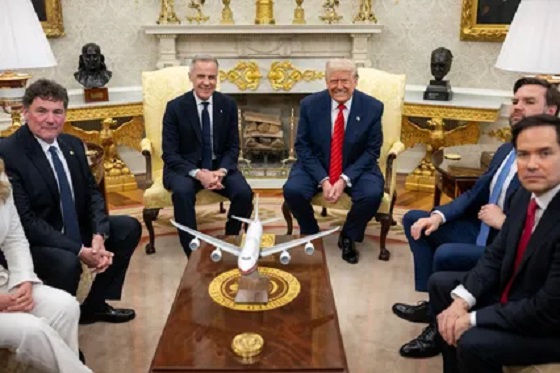
 Business2 days ago
Business2 days agoAfter successful anti-American election campaign, Carney pivots to embrace US: Hails Trump as a “transformational president”
-
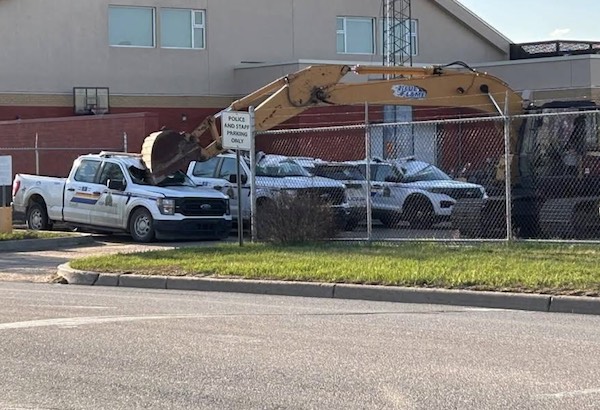
 Alberta2 days ago
Alberta2 days agoBonnyville RCMP targeted by suspect driving a trackhoe – Update
-
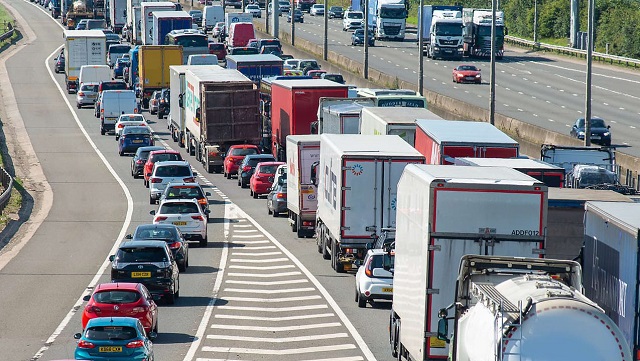
 Daily Caller2 days ago
Daily Caller2 days agoMisguided Climate Policies Create ‘Real Energy Emergency’ And Permit China To Dominate US
-
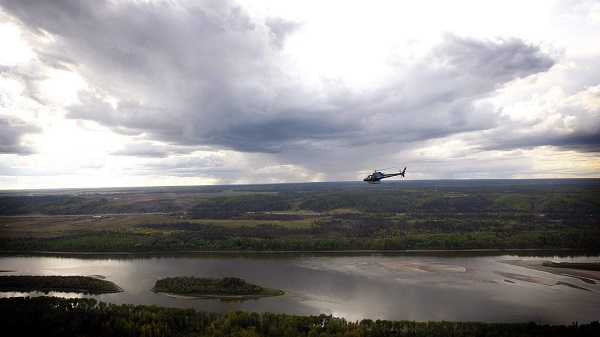
 Alberta2 days ago
Alberta2 days agoEnergy projects occupy less than three per cent of Alberta’s oil sands region, report says
-

 Alberta1 day ago
Alberta1 day agoCharges laid in record cocaine seizure
-

 COVID-191 day ago
COVID-191 day agoStudy finds nearly half of ‘COVID deaths’ had no link to virus
-

 2025 Federal Election1 day ago
2025 Federal Election1 day agoCarney says Liberals won’t make voting pact with NDP
-
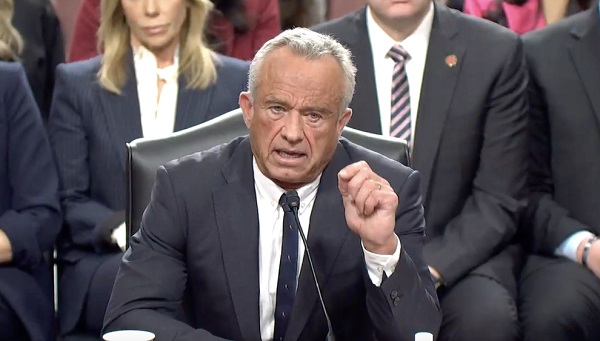
 Autism21 hours ago
Autism21 hours agoNIH, CMS partner on autism research
